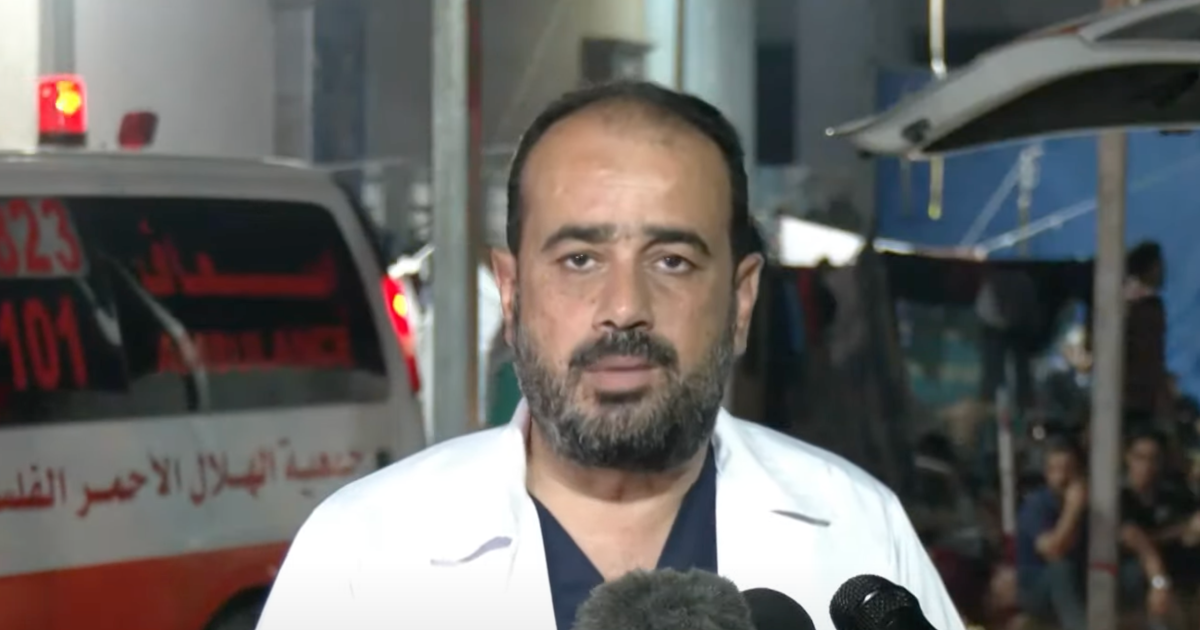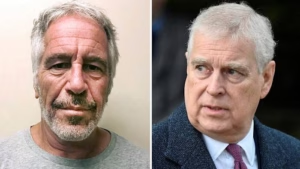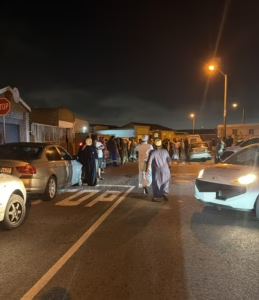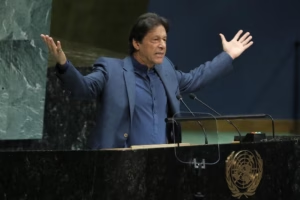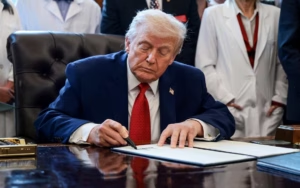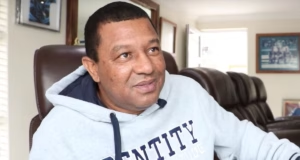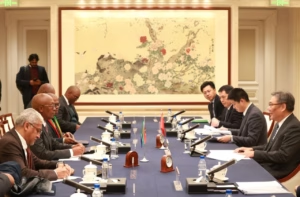A senior Palestinian health official was detained on Monday during a covert operation by Israeli forces in southern Gaza, sparking international outrage and renewed scrutiny over the safety of medical and humanitarian personnel operating in conflict zones.
According to Gaza’s health ministry, Israeli special forces disguised in civilian attire intercepted and detained Dr Marwan Al-Hams, the director of Abu Youssef Al-Najjar Hospital and head of Gaza’s field hospital coordination. The arrest occurred near the International Committee of the Red Cross (ICRC) field hospital in the city of Rafah, a southern Gazan region that has witnessed intensified military activity in recent weeks.
“Targeting medical personnel during the performance of their humanitarian duties constitutes a blatant breach of the Geneva Conventions,”
stated Gaza’s government media office, which is under the control of Hamas. The office described the incident as a serious violation of international humanitarian law and called for global accountability.
In the course of the operation, Israeli forces reportedly opened fire on the ambulance transporting Al-Hams. The health ministry reported that one of Al-Hams’ colleagues was killed and two others, including the ambulance driver, were wounded. Among the fatalities was Palestinian journalist Tamer Al-Zaanin, whose death further fuelled condemnation of the raid.
The Gaza media office demanded a decisive response from international bodies.
“We call on the International Committee of the Red Cross to take a clear and firm stance,”
the statement urged, emphasising the need for protection of healthcare infrastructure and personnel in accordance with established international laws.
As of Monday evening, the Israeli military had issued no formal comment regarding the operation, its objectives, or the legal basis for the detention of Al-Hams. This silence has intensified scrutiny and questions from human rights organisations and medical aid networks operating in the area.
Al-Hams, a prominent figure in Gaza’s health sector, has been integral in coordinating emergency medical services in the besieged enclave, particularly during ongoing Israeli military operations in Rafah and other southern districts. The targeting of such a figure has alarmed international observers and medical NGOs, many of whom have warned of deteriorating conditions for field medics and first responders.
The operation unfolded as Israeli ground forces continue operations in the southern part of the Gaza Strip, where clashes and air strikes have led to a rising number of civilian and aid worker casualties. These developments have triggered growing concern from humanitarian organisations over the protection of non-combatants and the accessibility of medical services during active conflict.
While Israel has not released any details regarding Al-Hams’ alleged affiliations or reasons for his detention, the broader context includes frequent claims by Israeli authorities that militant groups operate from within civilian infrastructure in Gaza. However, critics argue that such claims cannot justify what they call disproportionate and indiscriminate use of force against humanitarian targets.
“A grave violation of international humanitarian law,”
is how the Gaza media office characterised the operation, reiterating calls for international intervention to ensure the neutrality and safety of medical workers in conflict zones.
The International Committee of the Red Cross has yet to issue a statement regarding the alleged targeting of its field hospital and the security of medical professionals associated with it. In previous incidents, the ICRC has maintained that hospitals and humanitarian facilities must remain protected spaces under international law.
The arrest of Al-Hams and the circumstances surrounding the ambush have sharpened focus on the increasing danger faced by health and aid workers in Gaza. As the conflict continues, the question remains: can humanitarian law keep pace with the realities on the ground?

